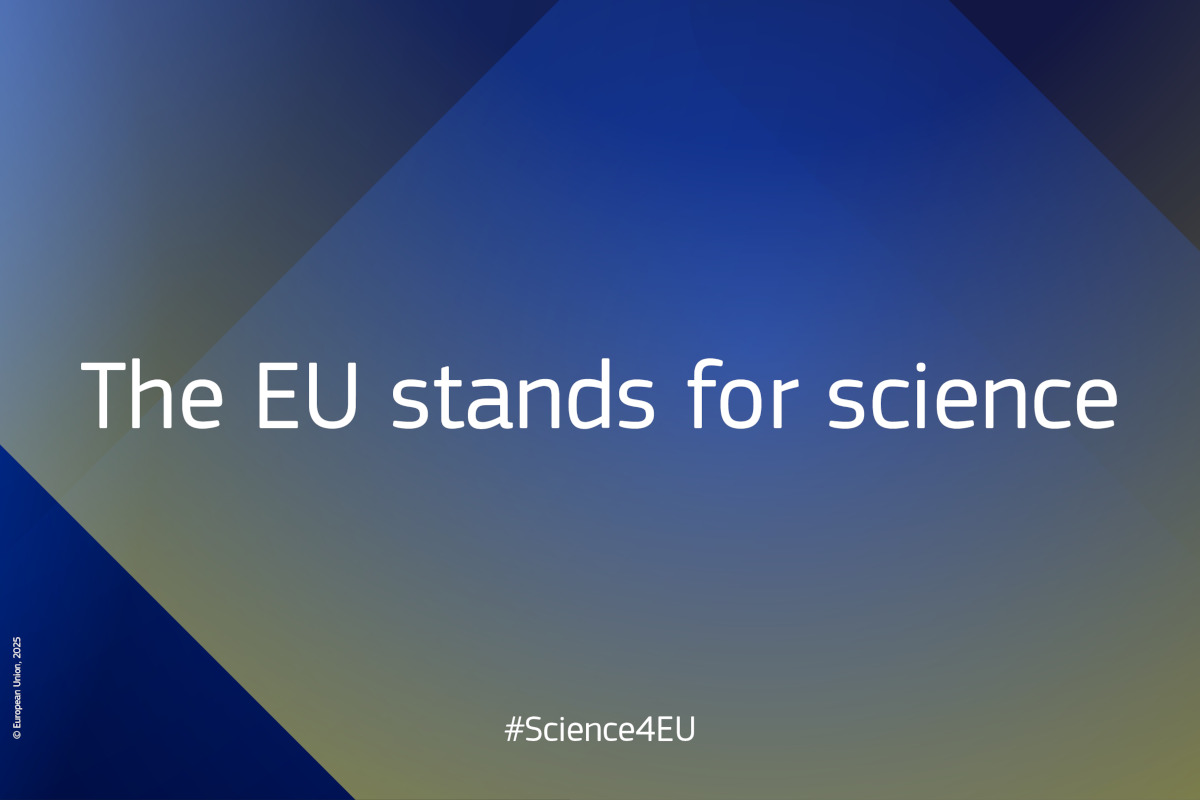Farmers and foresters across Europe are sharing sustainable bio-based practices and technologies, showing how local knowledge and European collaboration can help drive the transition to a greener future.
Special series

Science4EU
The Science4EU campaign shows how the EU stands for science. It shines a spotlight on the scientists, researchers, and innovators working with EU support to improve our lives and shape a better future for everyone.
Do you also stand for science?
Podcast
Media AV Portal Audio
More stories

An EU-funded research initiative is guiding Europe’s coal regions through the transition to renewable energy, while focusing on job creation and clean energy.
Most popular
-
1By Michaela Nesvarova
-
2
-
3By Michaela Nesvarova
-
4By Sofia Sanchez Manzanaro
-
5
Top videos
Turning local know-how into European solutions for smarter bio-based farming
25 July 2025
Fighting fire with innovation: a pan-European push to tackle extreme wildfires
23 July 2025
Past articles
Researchers are taking data from satellite observations and combining it with first-hand experience from health workers to make smart tools that can predict where outbreaks of diseases such as malaria might strike.
The growing number of female doctoral graduates in the European Union is not reflected in the number of women taking up senior science research positions. The GENDERA project looked into the matter.
Sophisticated computer models are learning how to treat lung disorders, linking up the underlying problem with the right treatment.
A new wave of personalised vaccines could harness the power of patients’ own immune systems to fight an aggressive form of brain cancer.
This issue of Horizon looks at EU research which is holding out the promise of radical new treatments for cancer.
Automated coal mining equipment is helping cut down on wastage in Europe's coal mines, and make the process cleaner and safer.
Tidal power has significant potential for electricity generation due to the fact that tides are more predictable than wind and solar power.
As the moon spins around the earth, its gravity creates a bulge in the oceans that causes tides. Researchers are working out ways to tap into this immense power, and smart sensors could help them do it cost-effectively.
Techniques are being devised to capture greenhouse gases such as carbon dioxide and methane from the burning or extracting of fossil fuels - before they cause damage to the atmosphere.
Blast-resilient carriages and auto-tracking cameras could add new layers of protection to Europe’s rail and metro passengers.
Dr Suchitra Sebastian is looking for materials that are so conductive they do not lose any energy at all, and if she succeeds it would be a step towards reducing the amount of electricity required to power homes, factories and offices, helping producers of renewable power meet Europe’s burgeoning energy needs.
Scientists have developed a covering for buildings that keeps them cool by reflecting the sun's rays, potentially saving huge amounts of energy for European households.
From wind turbines in Germany to solar panels in Spain, regions across the EU are using natural resources to become specialists in their own type of sustainable energy, bringing much-needed investment for businesses and citizens.
Researchers are working on ways to make silicon-free solar cells that are more energy-efficient.
What pregnant women eat and the diet of their new-born babies could be the key to defeating the looming obesity epidemic – and may even make children smarter.
Computer-generated digital characters could help treat autism by teaching scientists more about the act of mimicry.
Belgian Professor François Englert and British Professor Peter Higgs received the Nobel Prize in Physics 2013 for their work that led to the idea of a mass-giving particle, almost fifty years after they first published their theories.
Europe’s new fleet of observation satellites will monitor the earth in real time, giving vital data on things like sea ice, pollution and crop maturity as part of the EU's earth monitoring programme that also includes sensors on the ground, at sea and in the air.
Ministers representing many of the world's main economic powers met on 6 September 2013 to show their support for one of the world’s most ambitious scientific experiments – a nuclear fusion reactor that will operate at temperatures ten times hotter than the core of the sun.
Sustainable buildings should be different depending on where they are in Europe - that's according to the developers of one of the world's greenest office buildings.





























